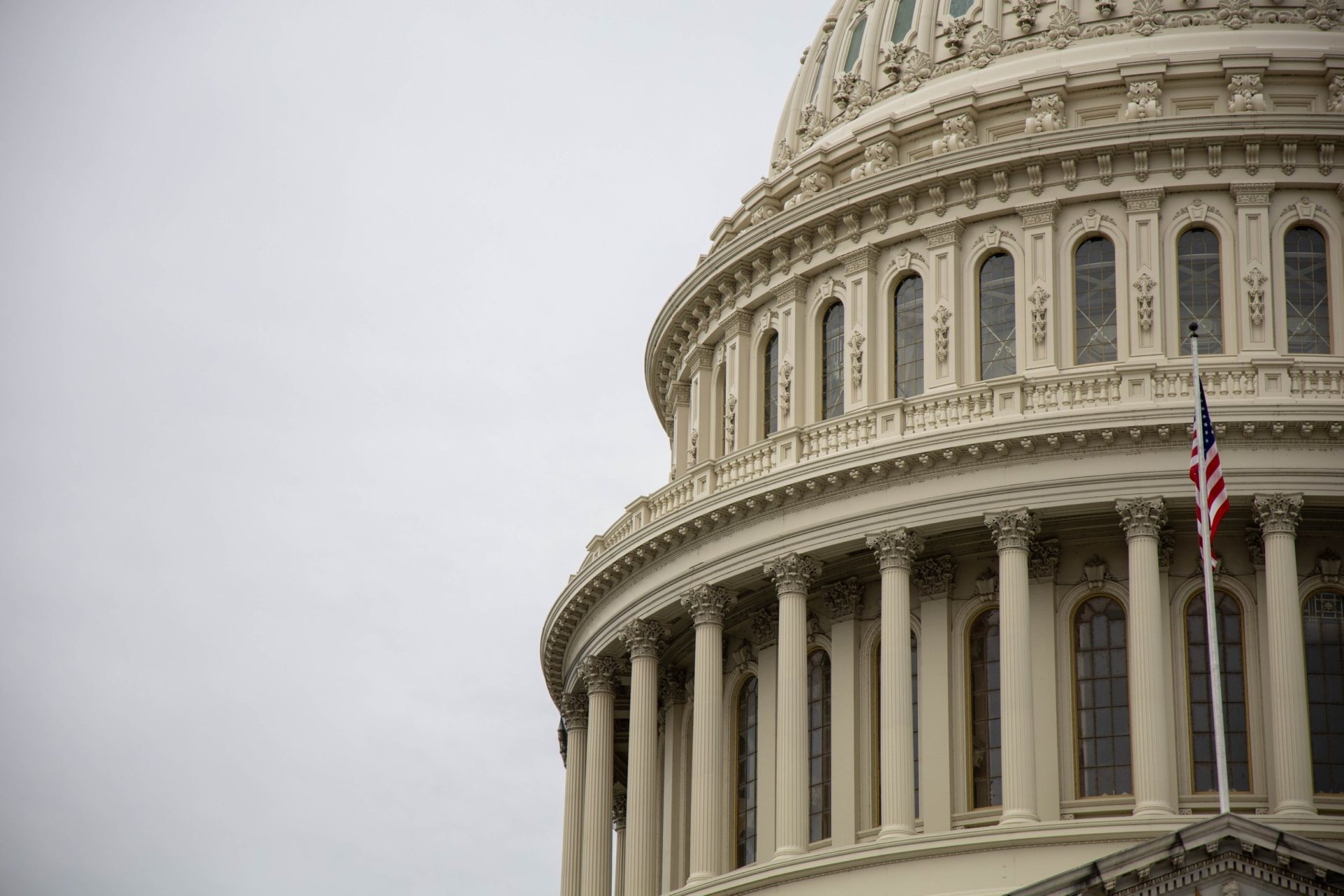
If you watch cable news or scroll through your favorite social media feed, you might think America is comprised of raging-liberal Democrats and far-right Republicans who hate each other and agree on nothing. While this (unfortunately) might be an accurate description of elected officials, pundits, journalists, self-appointed thought leaders, and loud voices on social media, this is decidedly not the state of affairs among the general public. In a new study, my co-authors and I find that most Americans are politically moderate, and these moderates are particularly important for electoral accountability and the health of democracy.
We typically learn about American public opinion through survey questions with a small number of response options. For example, a political survey might ask respondents whether they support or oppose a $12/hour minimum wage. Approximately half of Americans will say yes, half will say no, and we’ll see stark differences between self-identified Democrats and Republicans. So it will appear that the public is polarized on the question of the minimum wage (and many other policy questions as well). One problem with this analysis is that there were only two possible ways to answer the question. A respondent could give the liberal answer supporting the increase in minimum wage or the conservative answer opposing it, but there’s no moderate answer. Furthermore, survey researchers typically ask policy questions for which they expect disagreement. Almost everyone agrees that we shouldn’t raise the minimum wage to $50/hour, so pollsters don’t often ask that question.
How can we better assess the extent of public polarization with coarse survey questions? One strategy is to look at each person’s responses across a range of questions. When researchers have done this, they find that most Americans give a mix of liberal and conservative responses. Furthermore, when researchers attempt to compare regular citizens to elected officials, they find that most Americans are well to the right of Democrats in Congress and well to the left of Republicans in Congress.
So if we average across many questions as opposed to fixating on one question, most Americans appear to be politically moderate. Some scholars disagree with this reasoning and argue that Americans only appear to be moderate because they answer survey questions carelessly, they lack real policy preferences, or perhaps they have a mix of extreme liberal and extreme conservative positions.
In our study, we respond to this debate and attempt to figure out why most Americans give a mix of liberal and conservative answers. Are they genuinely moderate, meaning on any given issue, their views are somewhere in the middle? Alternatively, perhaps they don’t have real positions, or they don’t pay attention to survey questions. Or perhaps they have an idiosyncratic mix of positions that don’t fit well onto a single ideological dimension.
To answer this question, we study each survey respondent’s particular pattern of responses across many questions, and we ask which of these three possibilities is most consistent with that pattern. If someone’s responses are impossible to predict, as-if completely random, we call them inattentive. If their responses are well summarized by a single ideological dimension, we call them Downsians (after Anthony Downs’ theory of spatial voting). And if their responses are not random but also not well summarized by a single ideological dimension, we call them Conversians (after Philip Converse’s argument that most Americans are not ideologically constrained).
Having done this, we find that approximately 73 percent of Americans are Downsians, 21 percent are Conversians, and the remaining 6 percent are inattentive. In other words, most Americans have genuine policy preferences that are well summarized by a single ideological dimension. Furthermore, among the Downsians, we can estimate their ideological locations. In contrast with members of Congress who are quite polarized, we see little polarization in the general public. The distribution of ideology is unimodal, with most people close to the middle. America is not comprised of two poles of extremes who disagree. To be sure, there are real policy disagreements among Americans. But for every extreme liberal or conservative who agrees with their party on most issues, there are far more people in the middle who think that Nancy Pelosi is too far to the left and that Mitch McConnell is too far to the right.
Having classified the policy preferences of different Americans, we later ask which kinds of people are particularly electorally consequential. Not surprisingly, the ideologues – strong liberals and strong conservatives – are more active in politics. They are more likely to consume political news, vote in elections, donate to candidates, and clog up your social media feeds. But interestingly, the Downsian moderates and the Conversians – who have an idiosyncratic mix of liberal and conservative positions – contribute more to electoral accountability. This latter group is more likely to change the party they support between elections, and their voting behavior is more responsive to candidate ideology and experience. Moderate, experienced candidates tend to perform better in elections, and this is almost entirely attributable to the behavior of moderate (and Conversian) voters.
Scholars and pundits frequently cite hyper-partisanship and public polarization, but a sober look at the evidence tells a different story. There is little compelling evidence that partisan identities influence voting behavior. Even the fact that Democrats and Republicans tend to dislike each other appears to be explained by policy disagreement rather than identity. Partisans are surprisingly open to learning from the opposition; they update their views positively in response to the leaders of the other party. And as I’ve already discussed, most Americans are ideologically moderate. They’d like policies that are well in between what Democratic and Republican politicians typically propose. If you are unhappy with the extent of polarization in American politics today, blame the elites and the politicians, not the American voters. Most of them share your frustration.

Anthony Fowler
Anthony Fowler is a Professor in the Harris School of Public Policy at the University of Chicago. His research applies econometric methods for causal inference to questions in political science, with particular emphasis on elections and political representation. He has published 29 peer-reviewed research articles in academic journals, including the American Journal of Political Science, Journal of Politics, Quarterly Journal of Political Science, and Proceedings of the National Academy of Sciences, and he is a co-author of Thinking Clearly with Data: A Guide to Quantitative Reasoning and Analysis. Much of this piece is based on the study “Moderates,” which he co-authored with Seth Hill, Jeff Lewis, Chris Tausanovitch, Lynn Vavreck, and Chris Warshaw.






